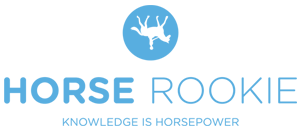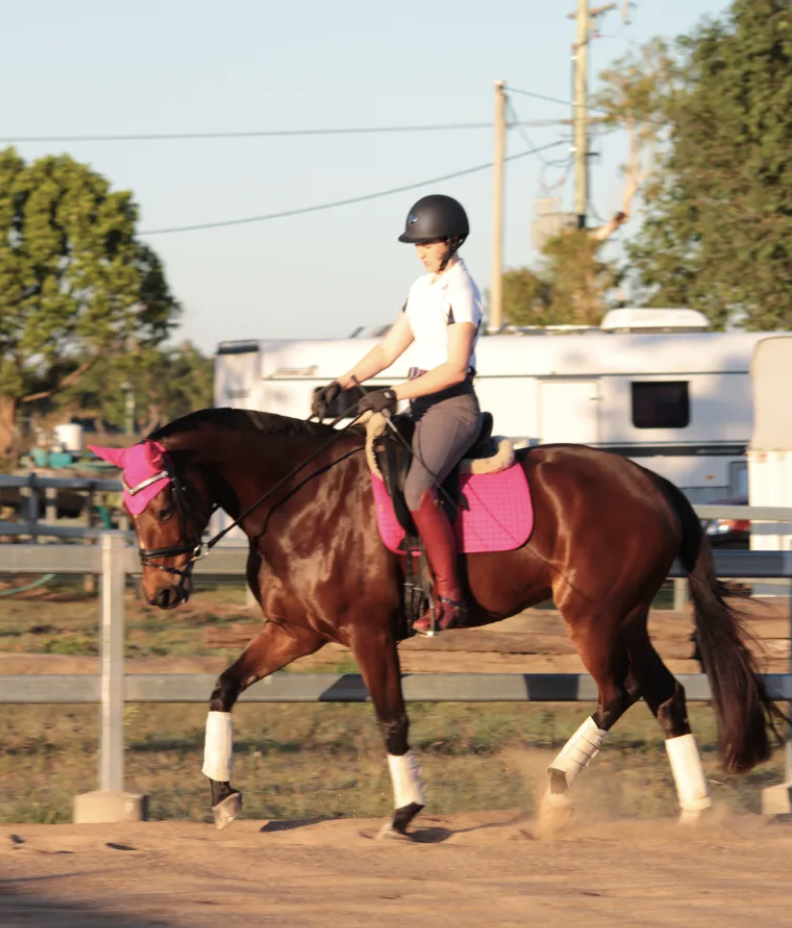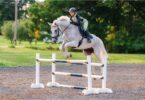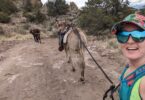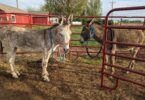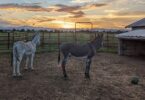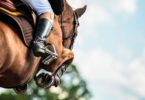This weekend I was lucky enough to ride at the Kim Weston clinic hosted by PVS Training & Equine Services in Bowen, North Queensland. This meant a three hour drive, but it was definitely worth it. Kim is an incredibly experienced coach and this comes across in the way she communicates and approaches
Because I often have to travel to lessons and they are not as regular as I would like (I am lucky to get lessons once every six weeks) I have figured out a few strategies to ensure that I make the most of this valuable lesson time.
Be Warmed Up and Ready to Start on Time
Allow plenty of time to get to your lessons so that you don’t start off flustered. It sounds simple, but nothing will throw you out more than arriving without enough time to settle in, saddle up and warm up. If you are travelling any distance it is worth considering your horses fitness level and factoring in some recovery time. Being warmed up means that you can maximise lesson time spent on new exercises or working on more challenging areas of your training.
Of course, there may be times when you want guidance and input on this aspect of your training. You will still likely, however, want to have a walk and trot on a loose rein to get their blood (and yours!) pumping.
Know What You Want to Get Out of Your Lesson
Coaches will often ask at the beginning of the lesson what you would like to work on. It is worth reflecting on what areas of your training have been challenging you or where you are losing marks in your tests. This will help to guide the direction of your lesson as well as enabling you to articulate to your coach exactly what is happening.
Be Open to Learning and Making Changes
This one probably seems pretty obvious. After all, we are having lessons in order to improve our riding and our horses’ way of going. We also understand that change is required to facilitate improvements. Sometimes a coach will ask you to do something which initially seems strange, however, and almost any time we need to make big changes these will initially feel awkward.
Some of the best outcomes I have had have been from lessons where a coach has made a big change to my position. In other situations my coach will push me further or make me do something I wouldn’t normally try. Again this is a good thing it means that I am leaving my comfort zone and after all our greatest growth occurs outside our comfort zone.
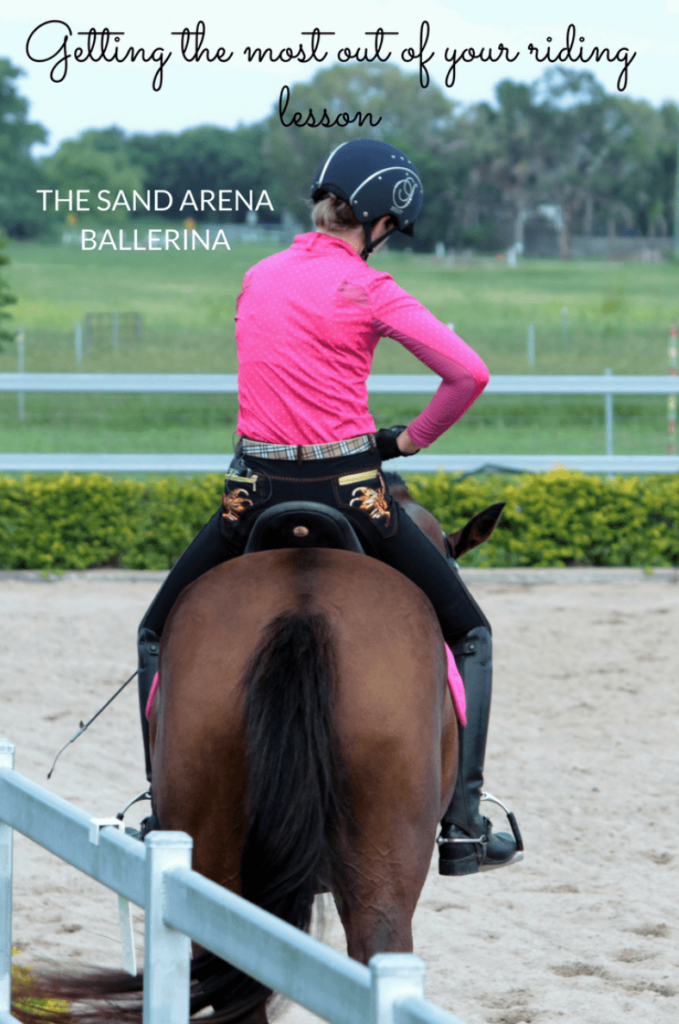
Ask Questions
I cannot emphasise this point enough. As someone who likes to know how and why things work I ask lots of questions. This is especially true when working on something new. It helps to cement this new idea in my brain. Equally, you may feel that you should already know the aids for canter or leg yield, but if it is not 100% clear in your mind ask!
Many coaches and riders will use a slight variation on aids and one may suit you more than the other. Furthermore, your coach would prefer you know, than to just bluff your way through.
Write Notes As Soon As Possible After Your Lesson
I am a visual learner and also slightly type A, so writing down the points I have learnt from my lessons is something which comes fairly naturally to me. For me, the process of thinking back over my lesson and identifying new exercises, key points and changes really helps to solidify this learning in my mind. Having things written down also helps during times when I’m having difficulty with a particular movement or area of my training. I am able to look back over my lesson notes and troubleshoot.
Wear Comfortable Clothes and Tack
No! A lesson is not the right time to wear your new Celeris top boots no matter how excited you are to christen them. Equally, clothing which rubs or pulls is likely to distract you from your horse and your position.
I personally, also feel that it is important that both you and your horse be clean, tidy and well presented. This is a sign of respect for your coach and to help you put your best hoof forward.
I hope these tips will help you to maximise precious lesson time.
If you enjoyed this post, please pin it so that others can find it too!
P.S. Enjoy this article? Trot on over to:
- 32 Things you can do today to calm your riding nerves forever
- What are some ways to gain confidence riding horses
- Will an air vest help if I’m scared to ride my horse?
- Scared to Ride Your Horse? How to Get Your Mojo Back
- Can Horses Sense Fear & Anxiety?
